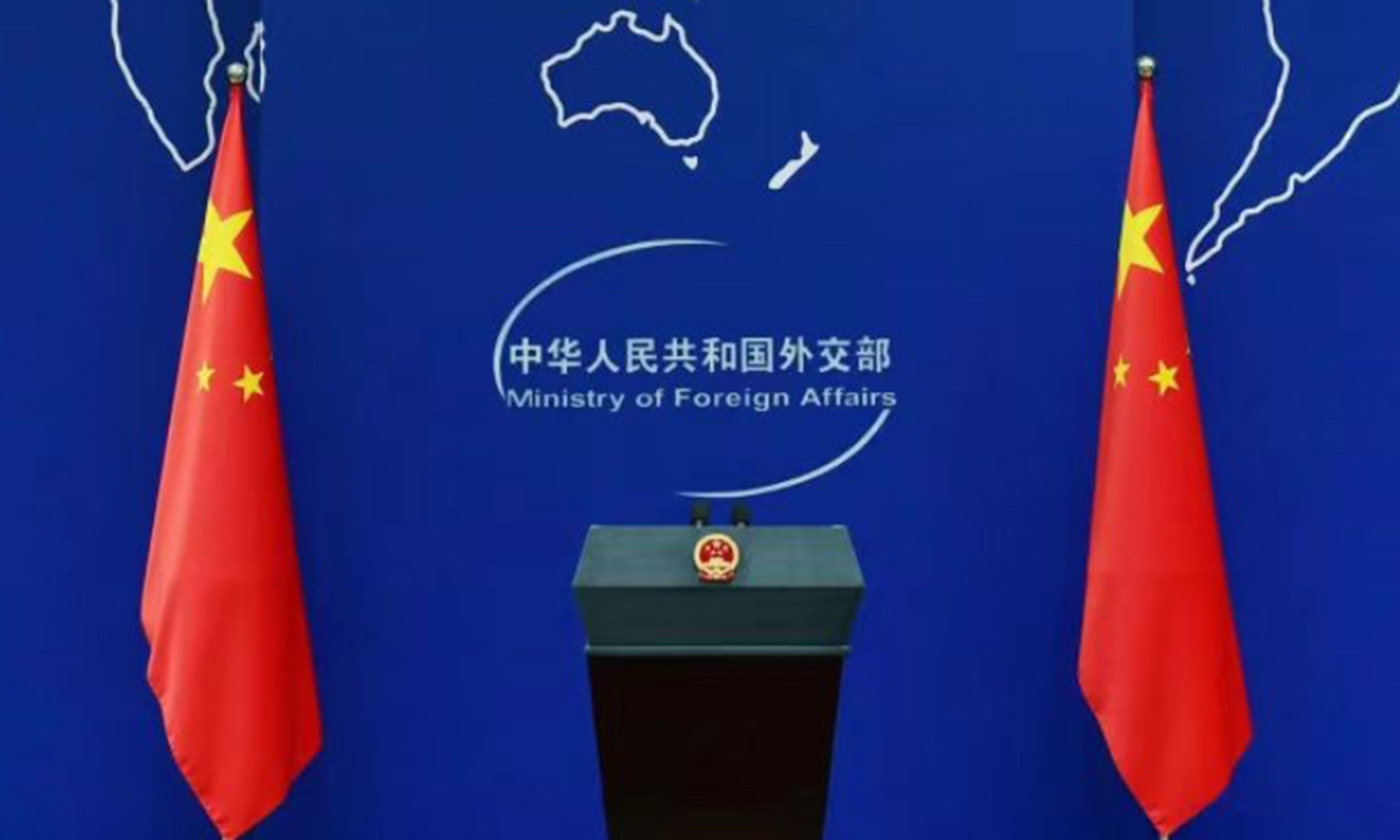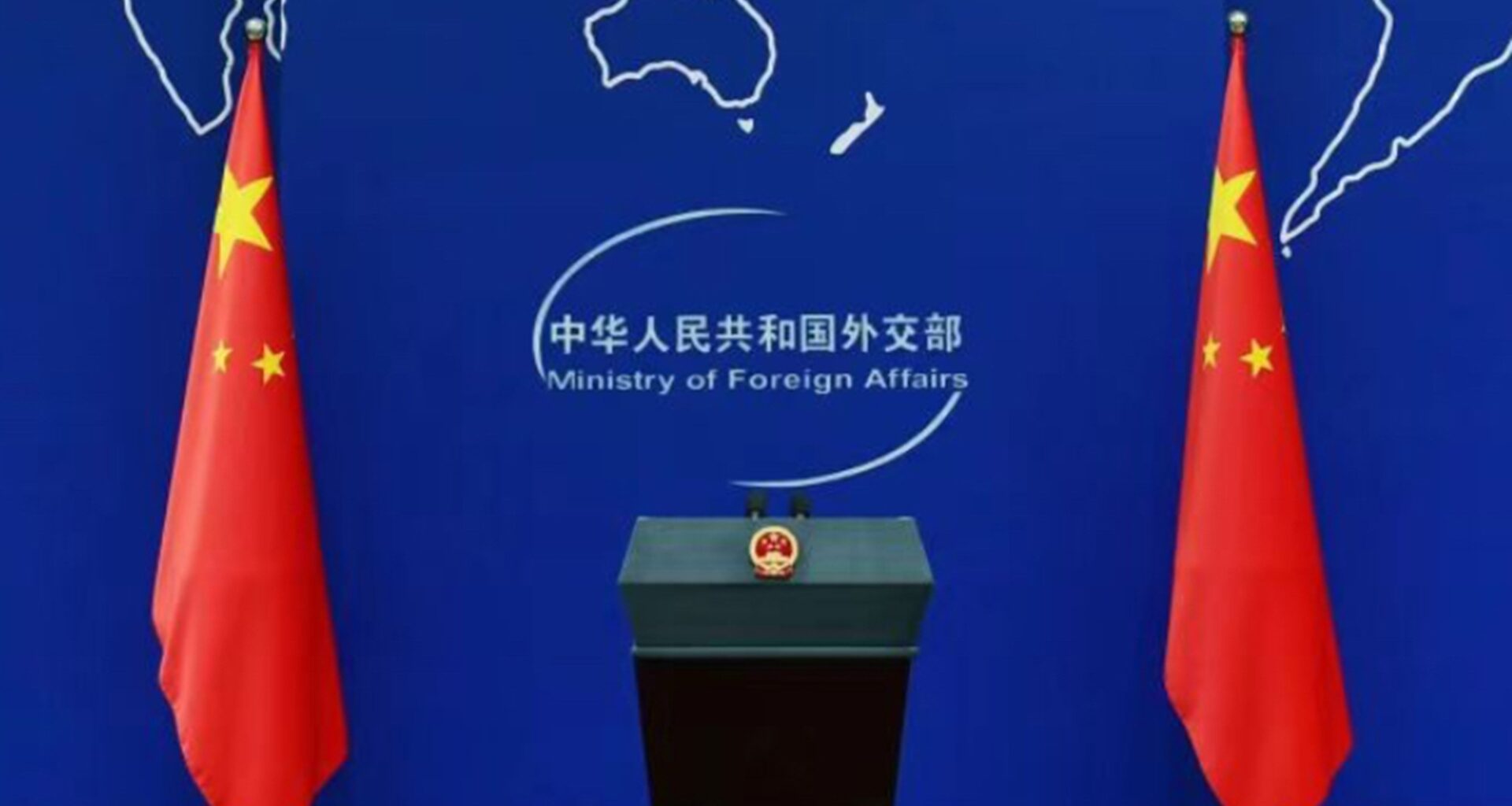
Chinese Foreign Ministry
The Chinese Foreign Ministry stressed on Friday that China-US economic ties benefit both sides, while urging the US side to abide by the rules of the market economy and keep the trade and economic ties sound and stable, after the US Commerce Department announced to impose preliminary anti-dumping taxes of over 90 percent on a kind of graphite imported from China.
A Chinese expert also said on Friday that the US’ protectionist policies are self-defeating and will eventually backfire on US companies and consumers, as they have to pay higher prices for the key mineral that China enjoys strong competitiveness in the international market.
The US Department of Commerce said on Thursday that it will impose preliminary anti-dumping duties on imports of Chinese graphite, a key battery component, according to the website of the US government agency. The order affects imports valued at $347.1 million in 2023, it said.
A separate but parallel anti-subsidy investigation into Chinese anode grade graphite materials by the US Commerce Department on May 20 resulted in a countervailing duty of up to 721.03 percent, according to the US government website.
Final anti-dumping and anti-subsidy duties for the material are due by December 5, 2025, it said.
Graphite is a critical mineral that China has an international competitive advantage in, and also an important resource supporting strategic emerging industries. Washington’s new tariff on the key mineral from China has raised concerns among US companies.
The US’ new tariff on the key battery mineral would be a blow to battery manufacturers, said Sam Adham, head of battery materials at consultancy CRU Group, Bloomberg reported. “That basically wipes out profits for one or two entire quarters for the Korean battery makers,” Adham said.
Tesla Inc and its key battery supplier, Japan’s Panasonic Inc, were among companies pushing to block the US’ new tariffs, arguing that they rely on Chinese graphite imports because the domestic industry hasn’t developed enough to meet the quality standards and volume that the carmaker requires, according to the report.
Wu Chenhui, an independent industry analyst who closely follows the critical minerals industry, told the Global Times on Friday that “Re-establishing a reliable graphite supply chain that excludes China would be a complex and costly endeavor, as relevant US industries heavily rely on high-quality graphite products imported from China.”
The US’ latest move indicates that in the process of the gradual easing of China-US economic and trade tension, there are still certain forces in the US who hold a zero-sum mindset and still persist in crackdown on Chinese companies and China’s development, Bao Jianyun, dean and professor of the Department of International Politics, School of International studies at Renmin University of China, told the Global Times on Friday.
As facts have proven, the US’ crackdown is doomed to be futile given the growing strength of the Chinese economy and the rapid development of its technologies, Bao said, referring to the US government’s approval of American tech giant Nvidia’s sale of H20 chips to China.
US urged to lift restrictions
Regarding Nvidia getting green light for H20 chips sales to China, a spokesperson of China’s Ministry of Commerce (MOFCOM) said on Friday that China believes that the US should abandon zero-sum thinking and continue to remove a series of unreasonable economic and trade restriction measures against China.
Following the economic and trade talks in London, the two sides have maintained close communication, confirming the details of the framework established in London and advancing its implementation, said the spokesperson, according to a statement appeared on the MOFCOM website.
Win-win cooperation is the right path for China and the US, while suppression and containment lead nowhere. “China expects the US to work with China in the same direction, engage in equal consultations, and correct its erroneous practices, to foster a favorable environment for mutually beneficial cooperation between enterprises of both countries, and jointly safeguard the stability of global semiconductor production and supply chains,” the spokesperson said.
The ongoing 3rd China International Supply Chain Expo (CISCE) held in Beijing attracted the active participation of US companies, including Nvidia, Apple, Qualcomm and Tesla.
US electric vehicle giant Tesla attended the CISCE for the third consecutive year in Beijing. This year, Tesla showcased exhibits including globally best-selling Model 3 and Model Y, V4 Supercharger, and a second-generation humanoid robot, according to a statement sent to the Global Times.
Chinese Commerce Minister Wang Wentao met with Nvidia CEO Jensen Huang in Beijing on Thursday, noting that China’s policy on attracting foreign investment will remain unchanged, and its door will only open wider.
Wang said China has a huge market scale, diverse application scenarios, and dynamic innovation and creativity, expressing the hope that multinational companies, including Nvidia, will provide high-quality and reliable products and services to Chinese customers.
Huang noted that the Chinese market is very attractive, and Nvidia is willing to deepen cooperation with Chinese partners in the field of artificial intelligence.
In addition to Nvidia, US chip giant Advanced Micro Devices Inc (AMD) said on Tuesday the US Commerce Department plans to resume reviewing its license applications to send products to China. AMD said it plans to start shipments once those are approved, CNBC reported.
“One of the reasons behind the US’ easing of chip export controls to China is precisely China’s rapid tech development such as Huawei’s chip breakthroughs, and Washington might fear that US companies may be squeezed out of the huge Chinese market,” Bao said.
Now is the time for the US to realize that a tariff war and trade war cannot contain China’s development, and as the world’s two most important trading partners and largest economies, China and the US should strengthen cooperation in maintaining global free trade, the expert said, adding that “while unilateral trade dominance may yield short-term gains for the US, it could ultimately trigger adverse repercussions for America itself in the long run.”
Despite growing global uncertainties, the Chinese economy continues to chart a course of resilient, high-quality development, posting a robust 5.2 percent year-on-year expansion in the second quarter of 2025. “China has all the necessary conditions, capability and confidence to deal with any risks and challenges,” Chinese officials reiterated on multiple occasions.
